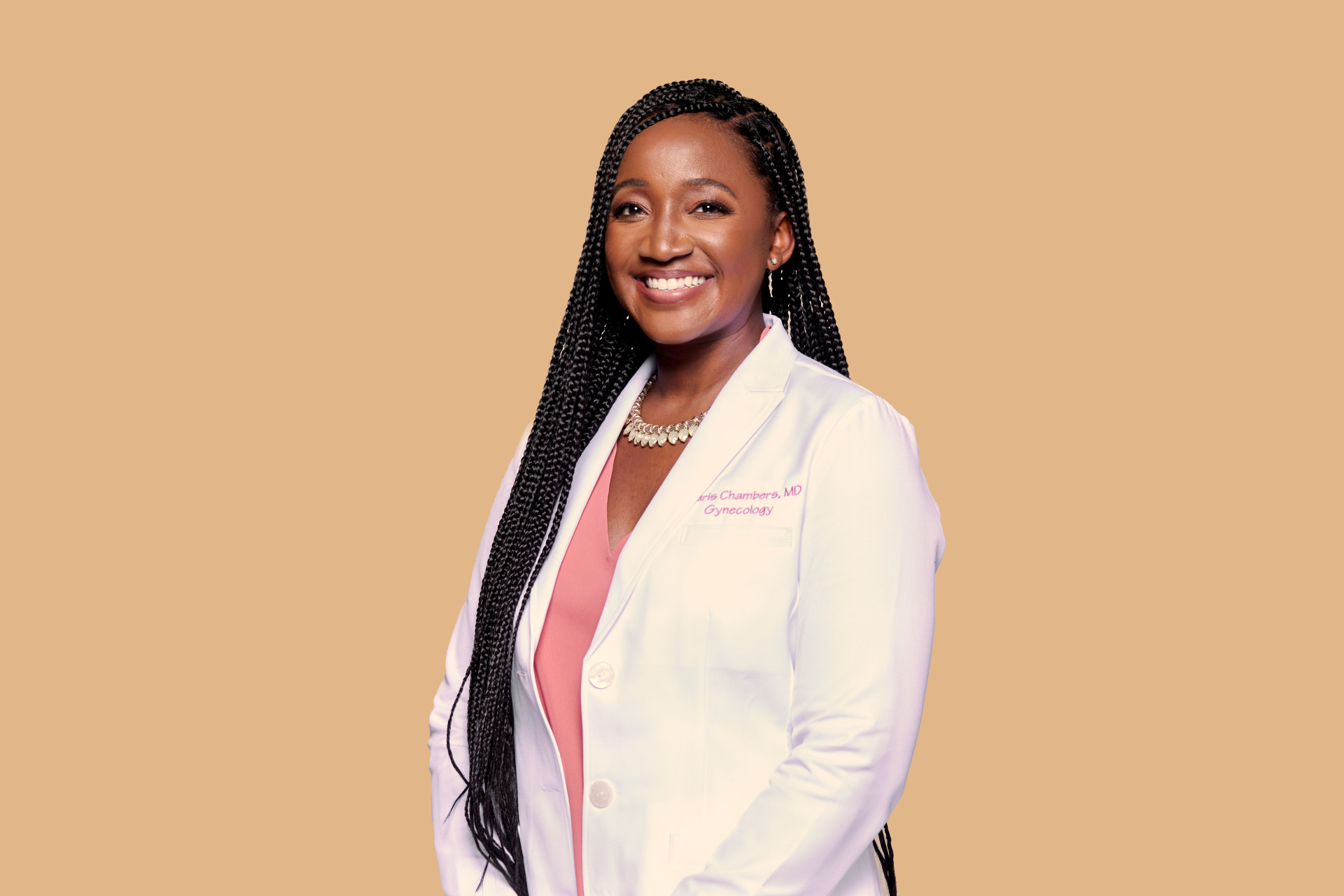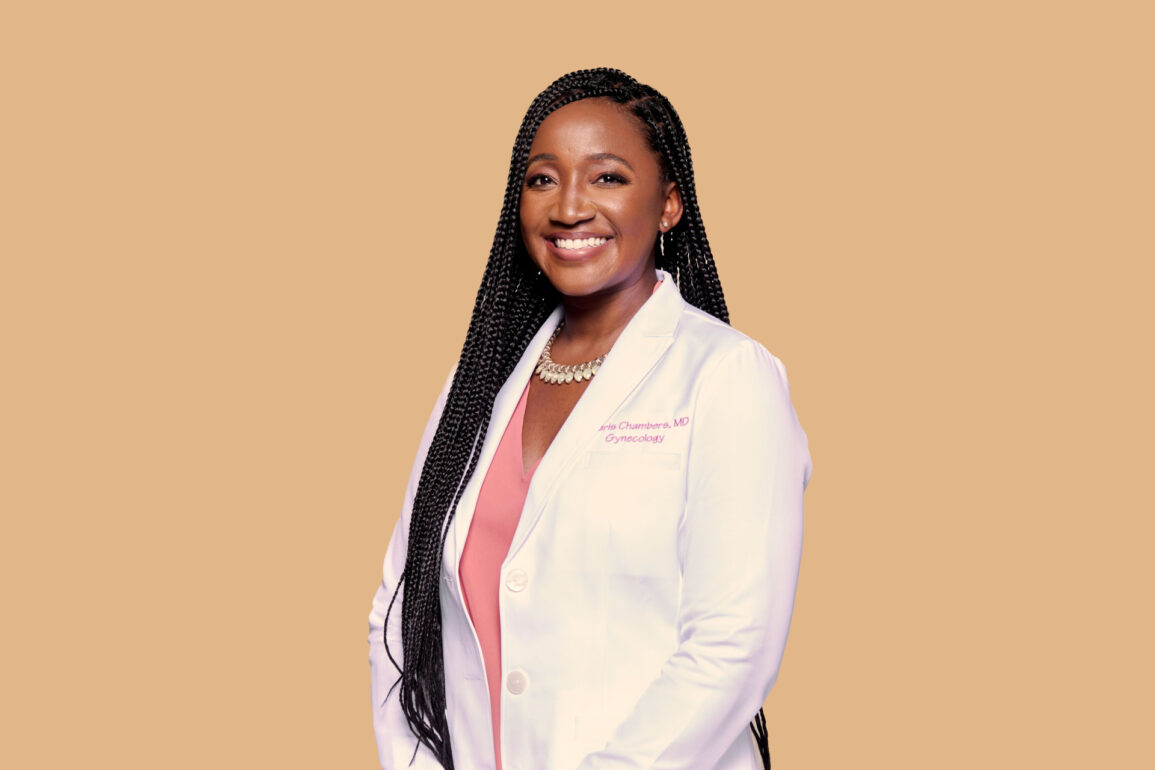As one of the few doctors who specializes in the gynecologic care of children and adolescents, I’ve found many parents are concerned about their child’s future fertility and childbearing. Regardless of their age, if they will one day be capable of pregnancy, the parents are already thinking about it. For my Black patients, this early consideration is often coupled with fear. And I understand why.
Parents of Black menstruators have the unique challenge of trying to access period symptom treatment, contraception management, or sexual health guidance in a healthcare system that misdiagnoses, mistreats and dismisses Black women more than any other group of people. For generations, they’ve known they must show up twice as prepared and be three times as vocal to get half of the respect and compassion. They know that Black women are less likely to be believed when they report pain, and more likely to be offered sterilizing surgical options when they have bleeding. As they silently pray for the fulfillment of their children’s desires and dreams, they also understand a dream of motherhood comes with an elevated risk of danger and even death. It can be overwhelming.
Truthfully, the matter of maternal mortality can overwhelm anyone. The idea that one of the happiest times of a person’s life can end in tragedy is difficult to reconcile. There’s been a concerted effort to raise awareness around the Black maternal mortality crisis, but often without corresponding guidance on actionable steps for prevention, especially for teens and young girls. The general goal for the younger population has long been pregnancy and infection prevention, with little to no emphasis on the importance of education, advocacy, and agency. I want to change that.
One of the theories on causes and contributors to Black maternal mortality is weathering. Weathering is a process by which minorities and socially marginalized people suffer early cell deterioration and damage due to continued stress in their daily lives. This cellular damage allows for the earlier development of illness and disease. Earlier exposure leads to greater harm. While weathering affects people of all ages and socioeconomic backgrounds, the extent of weathering is felt to be due to a stress vs. support relationship. Greater support ultimately mitigates weathering effects.
For our young girls, one of their greatest early stressors is the pubertal experience. In our society, Black girls, who are more likely to begin breast development and menstruation earlier, are left vulnerable to greater stress and anxiety due to inadequate pubertal and period education. Additionally, they are viewed as less in need of nurturing, help, forgiveness and compassion due to adultification bias. Without intentional redirection and investment, the stress from this stage of life can be one of the earliest contributors to weathering and increased risk for poor health outcomes, including maternal mortality.
For every parent who is worried about their child’s future maternal health, you are uniquely positioned to make a valuable shift in their stress vs. support ratio. You can do this by offering early and supportive guidance on what puberty is, why it happens and what to expect. You can show support by allowing them to express their emotions as their hormones shift and change, emphasizing your continued love and their continued emotional and physical safety. You can encourage conversations about periods, ensuring they know to come to you if they have any questions or concerns. You can also show your support by facilitating encounters with trusted healthcare providers, where they can practice asking questions, and actively engage in their healthcare.
The maternal mortality crisis doesn’t have one simple cause and will not be solved with one simple solution. Undoing the damage will take a combination of intentional and health-promoting action. It’s critical that our young girls and teens aren’t forgotten in this process.
Their tomorrow begins today.

Dr. Charis Chambers is an OBGYN who specializes in pediatric & adolescent gynecology. Her mission is to educate young people with periods on topics related to their reproductive health in an effort to promote greater self-awareness (in everyday life), self-esteem (in relational encounters), and greater self-advocacy (in interactions with medical providers).


